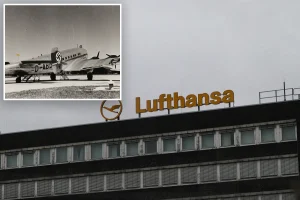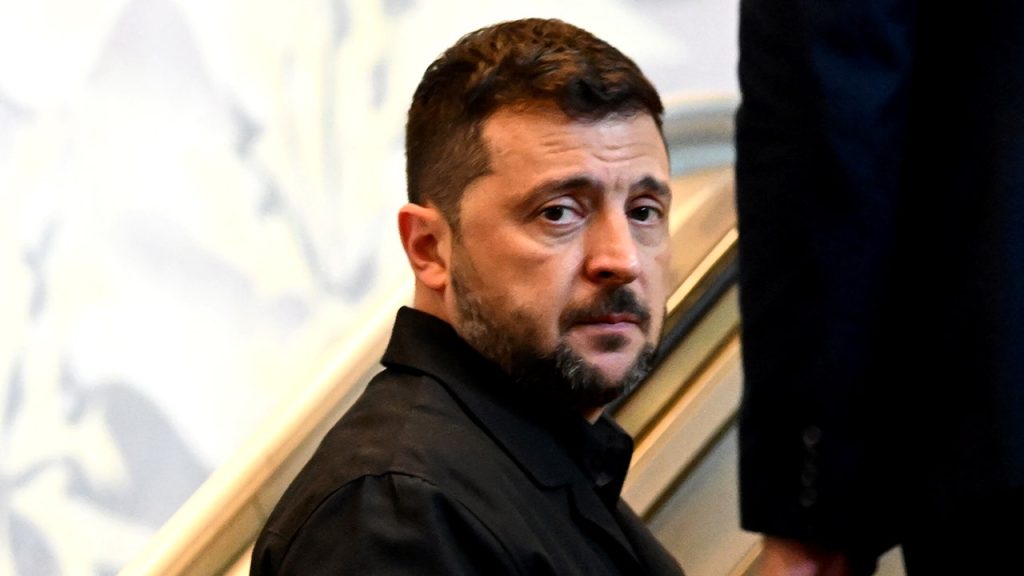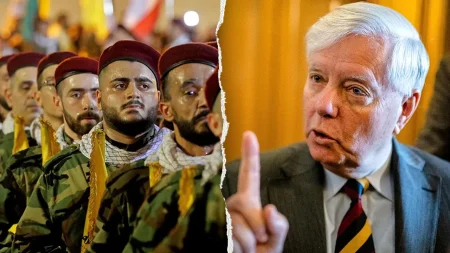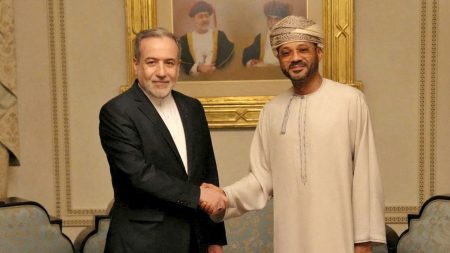Zelenskyy Signals Readiness to Step Down Once Ukraine War Ends
In a revealing interview with Axios following his address to the United Nations General Assembly in New York, Ukrainian President Volodymyr Zelenskyy expressed his willingness to step aside from leadership once peace with Russia is secured. Speaking candidly before returning to Kyiv, Zelenskyy emphasized that his primary mission isn’t extending his political career but rather bringing an end to the devastating conflict that has engulfed his nation since February 2022. “My goal is to finish the war,” he stated plainly, suggesting a vision of leadership that prioritizes national recovery over personal political ambition. This statement comes at a significant moment, as Zelenskyy has now served beyond his original five-year mandate, which would have concluded in May 2024 had the Russian invasion not dramatically altered Ukraine’s political timeline.
The interview revealed a leader contemplating Ukraine’s future beyond conflict, with Zelenskyy making a clear commitment to democratic processes once hostilities cease. When directly asked if he would push for elections during a hypothetical ceasefire with Russia, his answer was unambiguous: “Yes.” This pledge demonstrates a remarkable dedication to democratic principles despite the extraordinary circumstances of leading a nation at war. Ukraine has been under martial law since Russia launched its full-scale invasion, a legal status that prohibits elections. Yet Zelenskyy’s comments suggest he views this suspension of normal democratic functions as temporary and necessary rather than an opportunity to consolidate power indefinitely – a refreshing perspective in a world where crisis often becomes pretext for authoritarian entrenchment.
Zelenskyy’s apparent readiness to transition from wartime to peacetime leadership – or potentially to step aside entirely – reflects a nuanced understanding of what Ukraine might need in different phases of its national journey. When questioned about whether he envisions himself leading Ukraine in peacetime, his response was telling: “If we will finish war with Russia? Yes,” before clarifying that elections themselves were not his personal goal. “I want it very much, in a very difficult period of time, to be with my country, help my country. Yes, that is what I wanted. My goal is to finish the war,” he explained. These words paint a picture of a leader who sees himself as serving a specific historical purpose rather than pursuing power for its own sake – guiding Ukraine through its darkest hour with the intention of returning to normal democratic processes once that mission is accomplished.
The context surrounding Zelenskyy’s remarks adds significant weight to their meaning. His original 2019 electoral victory was decisive, with the former comedian and political outsider winning in a landslide that reflected Ukrainians’ hunger for change and anti-corruption leadership. Now, more than six years later, Zelenskyy leads a nation transformed by war – one facing existential threats, territorial losses, and tremendous human suffering. The Russian invasion has not only challenged Ukraine’s sovereignty but has also necessarily altered its democratic functions. Yet throughout this crisis, Zelenskyy has maintained international support largely by positioning Ukraine as a democratic bulwark against authoritarian aggression, making his commitment to eventual elections more than just personal preference – it’s central to Ukraine’s wartime narrative and international standing.
The timing of these comments is particularly significant as Ukraine navigates complex diplomatic waters. They came immediately after Zelenskyy’s address to the United Nations and amid ongoing discussions about paths to peace with Russia. Russian President Vladimir Putin has reportedly demanded control of key Ukrainian territories in exchange for peace – conditions that would be extremely difficult for any Ukrainian leader to accept. By signaling his willingness to step aside once peace is achieved, Zelenskyy may be attempting to separate his personal political future from the broader question of what Ukraine is willing to sacrifice for peace. This distinction could prove crucial in negotiations, allowing him to take harder positions without being accused of prolonging the war for personal political benefit.
As Ukraine continues its struggle for sovereignty and eventual peace, Zelenskyy’s comments offer a glimpse into how he conceptualizes the relationship between leadership, democracy, and national crisis. Rather than using war as justification for indefinite rule, he appears to view his extended tenure as a necessary aberration that should conclude once circumstances permit a return to normal democratic processes. This perspective stands in stark contrast to leaders who exploit crises to dismantle democratic guardrails. Whether Zelenskyy will ultimately follow through on these sentiments remains to be seen – the fog of war often obscures political intentions as well as battlefield conditions. However, his willingness to publicly contemplate Ukraine’s democratic future amid existential threats demonstrates a commitment to principles that transcend immediate political calculations, suggesting that whatever Ukraine’s path to peace ultimately looks like, its democratic aspirations remain intact despite the tremendous pressures of war.















